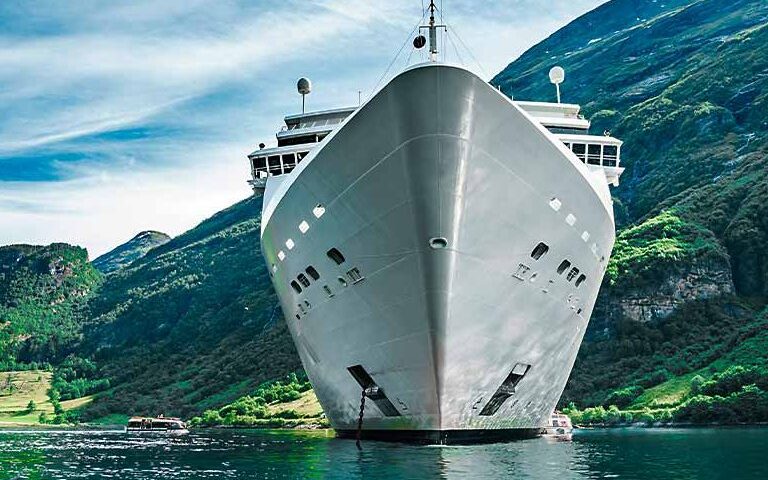By Peter de Langen
The societal impact of cruise vessels is increasingly under scrutiny, focused on the effects of cruise passengers on cruise cities and environmental effects of cruise ships.
The report on emissions by Transport & Environment is a case in point. This report is one more signal of an underlying trend of an increasingly critical stance towards cruise that threatens its ‘license to operate and grow’. So far, at least in my perspective, both the cruise ports and cruise lines have not developed a ‘positive narrative’.
The cruise liner association (CLIA) questions report’s science and is disappointed Transport & Environment have not reached out. MedCruise, the Association of the Mediterranean Cruise Ports, also challenged the T&E findings, while Cruise Europe (CE), an association of over 140 member ports in Northern & Atlantic Europe, reportedly said of T&E: “It represents mostly environmental groups which have targeted the cruise industry for a long time.” In addition they argued “cruise represents less than 1% of all shipping and only 2% of the total leisure industry”.
These reactions come across as defensive. While the quality of the analysis clearly matters, the story is at least equally relevant in societal debates. Ports and cruise lines are in need of a positive story, and initiatives and investments to back it up. In my view it is indispensable to start with acknowledging that much needs to be done – and fast.
Once that is established, there is a case for positioning cruise as pioneer and the cleanest of all shipping segments. In addition, it would be wise to emphasise the cruise industry’s ability to boost tourism in destinations that traditionally do not receive large numbers of tourists and actively work to include such destinations in cruise schedules.
In my view such an approach is the best way to secure the viability of cruise tourism. The comparison with the European fossil energy sector may be relevant: many fossil energy firms ignored the call for change, often with factual arguments (fossil energy is needed when the sun is not shining, our new coal fired power plant is much more sustainable than importing energy from other countries) that may have been reasonable but lacked a compelling story.
This has had consequences; firms were perceived as defensive, unwilling to embrace change and regulations followed. Many mostly fossil energy firms are now worth less than one fourth of their peak in 2008. Perhaps the comparison helps in encouraging cruise ports and cruise lines to develop a positive story.
First published @ PortStrategy.













